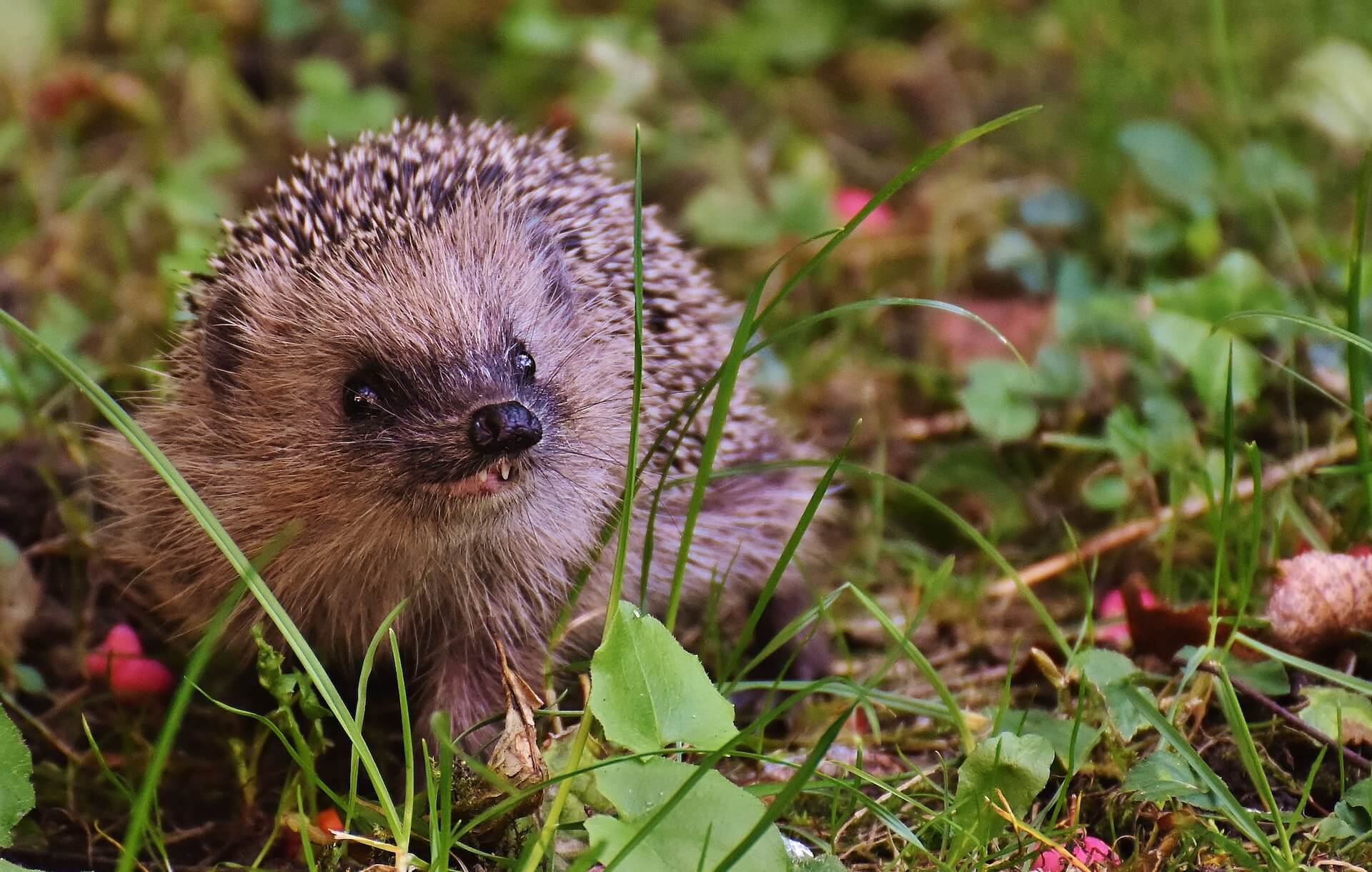Hedgehogs, with their endearing appearance and unique charm, have long been a beloved part of the natural world. These spiky little creatures, native to Europe, Asia, and Africa, play vital roles in ecosystems and have also found their way into the hearts of animal lovers as cherished pets. In this article, we’ll explore the world of hedgehog rescues and conservation efforts, shedding light on the essential work being done to protect both wild and domesticated hedgehogs.
The Need for Hedgehog Rescues and Conservation
Hedgehogs face several challenges in the wild, as well as in human care, making the efforts of rescues and conservation organizations crucial. Here are some of the reasons why these organizations are so important:
1. Habitat Loss
Hedgehogs are losing their natural habitats due to urbanization and agricultural expansion. As their living spaces shrink, hedgehogs face increased risks, including reduced access to food and safe nesting sites.
2. Road Mortality
Hedgehogs are notorious for their nocturnal habits, which often lead them to cross roads at night. Many fall victim to vehicle collisions, resulting in injury or death. Rescues often receive hedgehogs injured in such accidents.
3. Predation
Hedgehogs have natural predators such as foxes and badgers. Rescues may rehabilitate hedgehogs that have survived attacks and require care and rehabilitation.
4. Health Issues
Hedgehogs, like all animals, can suffer from various health problems. Injured or sick hedgehogs need immediate attention, making rescues a critical resource for their recovery.
The Work of Hedgehog Rescues
Hedgehog rescues operate on the front lines of hedgehog conservation, providing a lifeline for these animals in need. Here’s how they make a difference:
1. Rehabilitation and Release
When injured or sick hedgehogs are brought to rescues, they receive expert care and rehabilitation. This often involves veterinary treatment, proper nutrition, and a safe environment in which to recover. Once they are healthy and fit for survival, these hedgehogs are released back into the wild.
2. Public Education
Hedgehog rescues play a pivotal role in educating the public about hedgehog conservation and the importance of coexisting with these animals in urban areas. They provide information on how to create hedgehog-friendly gardens, including tips on food, water sources, and shelter.
3. Research and Data Collection
Many rescues collaborate with scientists and researchers to collect data on hedgehog populations and health. This information is invaluable for understanding the challenges hedgehogs face and implementing effective conservation strategies.
Hedgehogs as Pets: Responsible Ownership
In addition to their work with wild hedgehogs, some rescues also handle domesticated hedgehogs kept as pets. Hedgehogs can make wonderful companions, but responsible ownership is essential. Here are some key points for prospective hedgehog owners:
1. Legal Considerations
Before getting a hedgehog as a pet, check local laws and regulations. In some areas, hedgehogs are prohibited as pets due to concerns about invasive species.
2. Proper Housing
Provide a suitable enclosure for your pet hedgehog. Hedgehogs require ample space, a wheel for exercise, and a cozy hiding place.
3. Diet and Nutrition
Hedgehogs are insectivores, and their diet should primarily consist of high-quality commercial hedgehog food and insects. Consult with a veterinarian to ensure a balanced diet.
4. Socialization
Handle your hedgehog regularly to build trust and promote socialization. Remember that hedgehogs are primarily solitary animals.
5. Veterinary Care
Schedule regular check-ups with an exotic pet veterinarian who has experience with hedgehogs. Hedgehogs can suffer from various health issues, including dental problems and obesity.
Supporting Hedgehog Rescues and Conservation
If you’re passionate about hedgehog welfare and conservation, there are several ways you can make a positive impact:
1. Donate: Hedgehog rescues and conservation organizations rely on donations to fund their operations. Your financial support can help provide care for injured animals and contribute to research efforts.
2. Volunteer: Many rescues welcome volunteers to help with daily care, habitat maintenance, and educational outreach programs.
3. Hedgehog-Friendly Gardens: Create a hedgehog-friendly garden by providing access to food and water, as well as safe spaces for nesting and hibernation.
4. Report Injured Hedgehogs: If you encounter an injured or distressed hedgehog, contact a local rescue or wildlife rehabilitation center for guidance.
In Conclusion

Hedgehog rescues and conservation organizations are essential for safeguarding the future of these enchanting creatures, both in the wild and as pets. Through rehabilitation efforts, public education, and research collaboration, they play a vital role in hedgehog protection.
Whether you’re an admirer of wild hedgehogs, a responsible hedgehog owner, or someone concerned about the environment, your support for hedgehog rescues and conservation initiatives can contribute to the preservation of these spiky yet endearing animals for generations to come.


